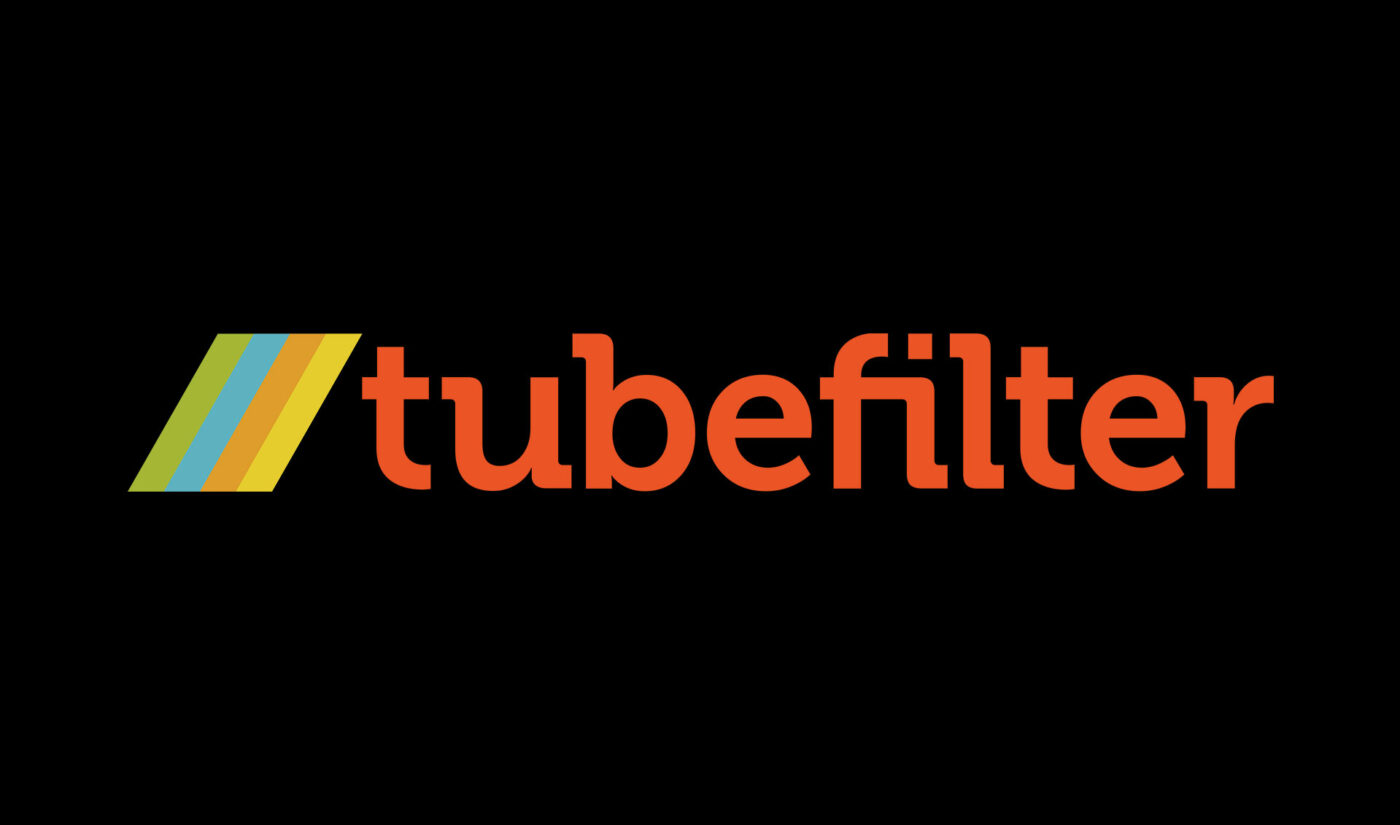The inaugural CNN/YouTube Debate that pitted eight Democratic presidential candidates against 39 video questions submitted from the online community concluded last night to mixed reviews.
Thesnake383 thought it “sucked”, becshalom appreciated the format but wanted to hear more from each candidate, and norm6005 described it as “typical.” It displayed a superficially informative and entertaining look at the candidates, but provided little depth. The “show” – as Steve Bryant calls it – didn’t live up to the hype.
The event was supposed to be a “milestone” in political discourse. By encouraging the electorate to provide questions, YouTube and CNN had seemingly democratized the debate process and given at least some political power back to the people. The concept was touted as “groundbreaking” and “unprecedented”, but the results were anything but.

Subscribe to get the latest creator news
As Jeff Jarvis notes, “CNN selected too many obvious, dutiful, silly questions,” that were met with obvious, dutiful, silly answers. We learned that John Edwards demands “bold change”, Barack Obama will fight to keep “national interests up front as opposed to special interests,” no on except Joe Biden has a serious plan for Iraq, Hillary Clinton is female, Dennis Kucinich talks a strongly left-leaning game, and we’d all rather have Mike Gravel be our eccentric uncle rather than our president.
In other words, nothing much beyond your “let’s look at the bigger picture” answers filled with everyday political platitudes.
But maybe the expectations were set too high. To be fair, there were far too many candidates to adequately delve into the issues, and the debates did work on some level. CNN may have filtered the videos, but they still gave real Americans a chance to be seen and heard. Questions about Iraq and gay marriage gained more weight and appeared more relevant when coming from the father of a deceased soldier and two lesbians living in Brooklyn. These weren’t just issues – they were people.
The videos lent some levity to the room and shed light on a slightly more personal side of the candidates that’s normally reserved for late night TV appearances. They also provided an element of entertainment that broke the debate up into bite size chunks, making the broadcast more palatable and easier to digest.
Anything to get more people involved in the political process is a step in the right direction, and CNN and YouTube should be applauded simply for giving Americans an opportunity to have a louder voice. Tom Shales of the Washington Post notes that the 3,000 video questions submitted is not even “remotely representative” in a country of 300 million, but it’s certainly a decent start. Hopefully the debates will become more interactive, CNN will relinquish more control to the people, and more people will have the access and desire to get involved.








